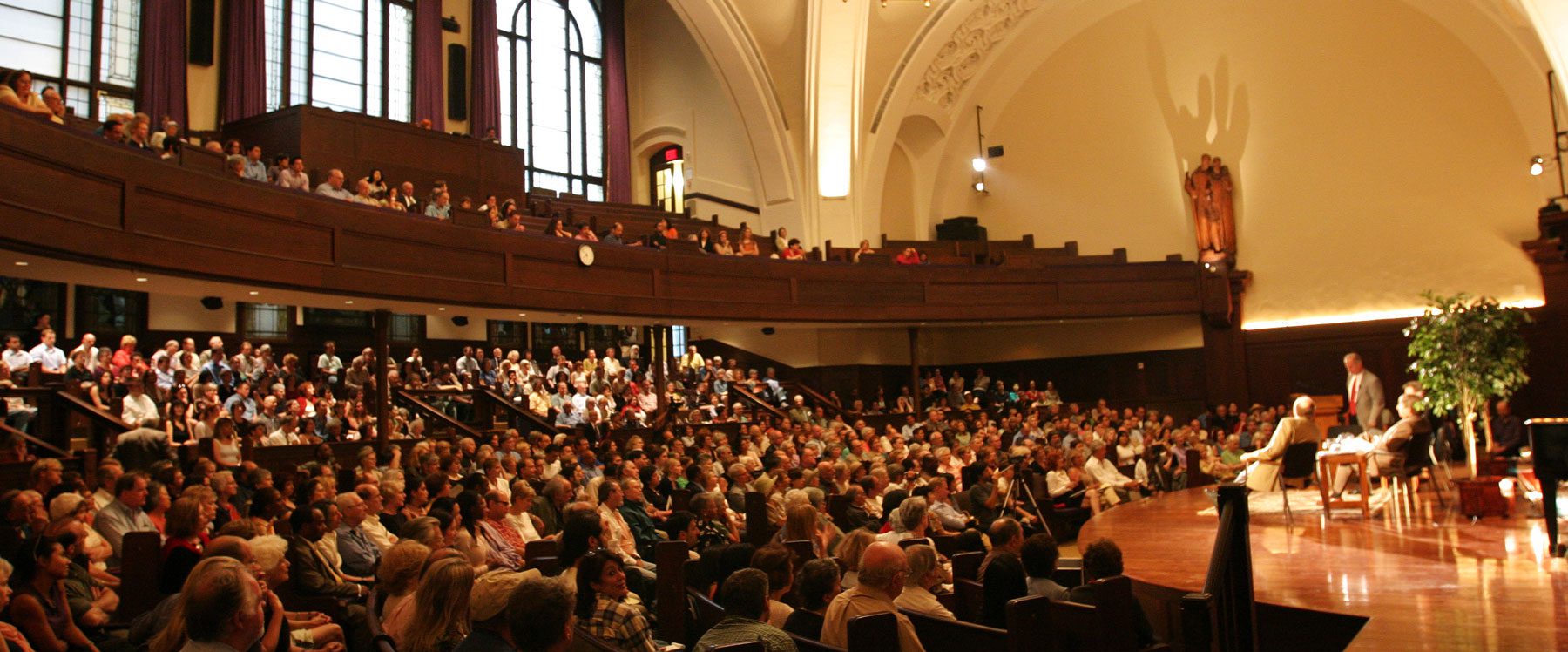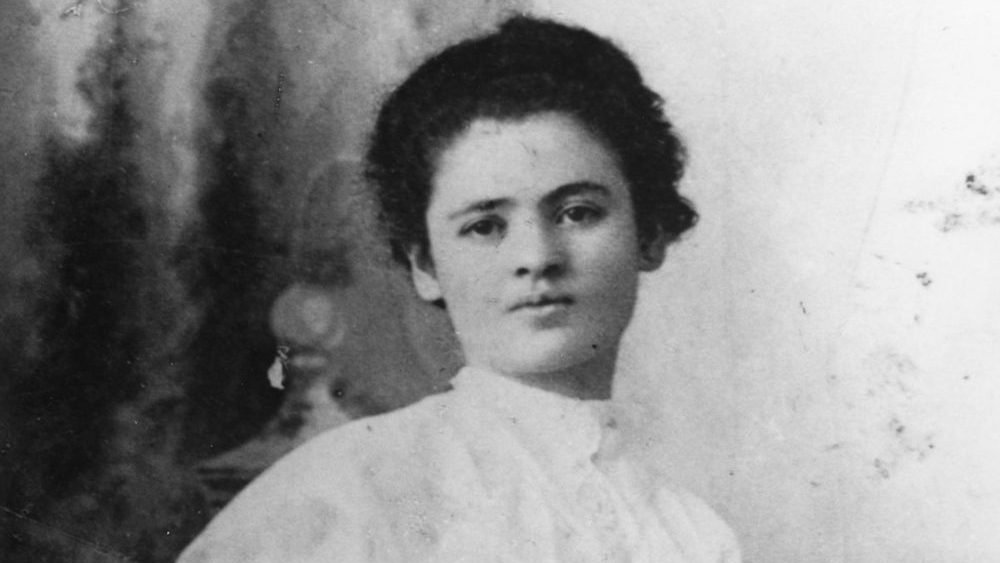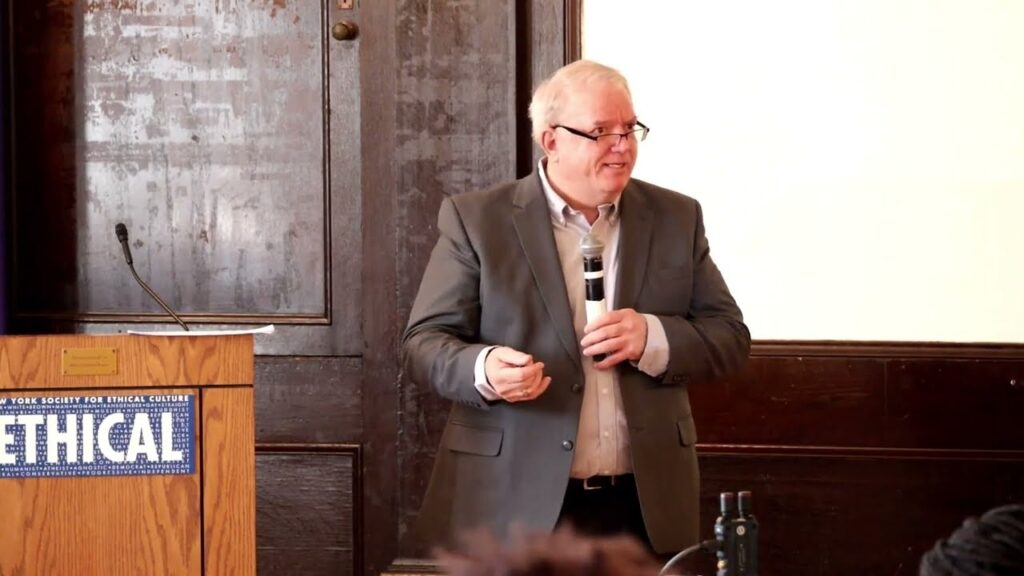
“Pamela Waldron makes $7.75 an hour as a cashier at the KFC in New York’s Penn Station, where she has worked for eight years. That’s just 50 cents above the New York state minimum wage. The 26-year old nursing student, and mother of two, says she has asked for a raise but her pleas have gone unheeded for weeks. Finally, on Thursday, around lunchtime she joined a protest of about 40 fast food workers who walked out of their shifts, carrying placards and shouting slogans to bring attention to their cause of fighting for higher wages and the right to unionize.”- CNN, 11/29/12
Pamela took part in the biggest wave of job actions in the history of America’s fast-food industry, and on March 5 she’ll do it again, along with thousands like her across our city. Under the banner “Fast Food Forward,” workers are demanding a $15 hourly wage and the right to organize for improved conditions free from employer intimidation. I’ll be there to support her. Will you?
When you go into a fast food restaurant or a retail store, do you notice the people who serve you? Do you really see them and talk with them? I do now, but I didn’t so much until I became active in an interfaith clergy coalition for economic justice. Now I know that although the stereotypical fast food employee is a teenager earning some money for an iPhone, the reality is very different. Nationally, the average age of the person behind the counter is 29.5, and among women – who make up two thirds of the industry – the median age is over 32.
And what about retail workers? Again, although the perception is that they are primarily teenagers or students, the truth is that about 78 percent of all retail workers in New York City are 25 years and older, and half are over 35. They contribute 60 percent of their families’ income and over one-third are their families’ sole providers.
Here are some troubling facts about our city: 1) The unemployment rate nearly doubled from 5.3 percent in 2007 to 9.7 percent today*, with an average duration of 42 weeks; 2) the percentage of New Yorkers living in poverty rose from 15 percent in 1970 to 21 percent in 2011; 3) according to The NY Times (9/20/12), “the income gap, already wider than almost anywhere else in the country, rivals disparities in sub-Saharan Africa;” and 4) the growing sectors of the city’s economy feature low-wage, no-benefit jobs with no hope for upward mobility.
At a recent symposium hosted by CUNY’s Murphy Institute Labor Center, I met workers who walk hours to their jobs because they can’t afford public transportation and who are forced into “underemployment” because employers keep their schedules in constant flux, requiring them to call in to find out whether they should come in to work. Long gone is the employer-employee relationship with a social contract; businesses want temporary workers, independent contractors, and “free agents” so that they need not pay workers compensation, health benefits, social security, pension, etc.
But 2013 will be a turning point for New York City. Inspired by the Occupy Wall Street movement that drew attention to stark income/wealth inequality and challenged the dominant logic of social organizing, workers are creating new campaigns demanding an end to employment violations and standing up for a living wage. Below are four sets of actions that NYC government could take to improve life for low-wage workers. You can read the entire report at the following links: Workers Rising: Organizing Service Jobs for Shared Prosperity in New York City, at http://unitedny.org/files/2012/07/UNY-Workers-Rising-Report-part-1.pdf and http://unitedny.org/files/2012/07/UNY-Workers-Rising-Report-Part-2.pdf
I plan to stand together with my fellow New Yorkers on March 5, and I hope you will join me. This is an ethical movement not only for economic justice but also for dignity and respect on the job.
* 14.4 percent among blacks, 12.8 percent among Hispanics, over 10 percent among people without a college degree, and 17 percent among adults aged 18-24.
* * * * *
First, the City should raise standards for low wage work by passing legislation to guarantee at least five days of paid sick leave for workers – such as the Earned Sick Leave Act – and to protect workers from erratic and unpredictable scheduling that keeps them in poverty – such as the Predictable Scheduling Act.
Second, New York should regulate high-violation industries where wages are low and labor abuses are rampant by passing laws like the Car Wash Accountability Act and establishing an enhanced privilege permitting system at Port Authority airports. Such policies should impose new licensing or permitting requirements, tighten environmental and safety standards, and implement other tailored policies that increase oversight of the lowest-wage, highest-violation industries.
Third, in order to ensure that these new rights make a meaningful difference in workers’ lives, the City should establish a Mayor’s Office of Labor Standards to educate employers about their obligations, investigate complaints by workers that employers are violating the law, and bring enforcement actions in particularly egregious cases.
Fourth, New York City should pass a resolution urging the State to modify the City’s home rule authority so that the City can set a minimum wage that is higher than the state minimum, reflecting the high cost of living here







